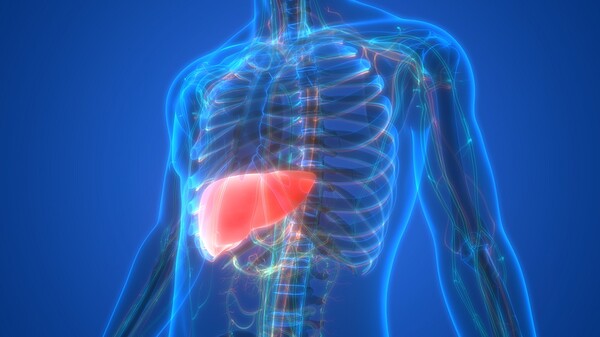Gilead Sciences just hit Korea’s accelerator with Livdelzi (seladelpar) -- and Ipsen’s rival Iqirvo (elafibranor) may be inching toward the line, too, according to a local report -- injecting rivalry into a rare-liver field that barely stirred a year ago.
The Ministry of Food and Drug Safety (MFDS) on Saturday stamped Livdelzi with a Global Innovative Products on Fast Track (GIFT) tag, slashing the review clock to 90 working days and assigning a dedicated team.
The once-daily PPAR-δ agonist won an FDA nod last August for adults with primary biliary cholangitis (PBC), a rare autoimmune liver disease, who have had an inadequate response or intolerance to ursodeoxycholic acid (UDCA), the current first-line therapy.
In Korea, the condition affected an estimated 12.32 people per 100,000 as of 2019, most of them women, Ipsen Korea said in a Tuesday note.

Gilead has mileage on this road: Sunlenca (lenacapavir), its long-acting HIV capsid inhibitor, joined the same GIFT lane in March.
The program has logged 52 designations and 18 approvals since 2022, according to tallies as of Tuesday, letting sponsors file some non-safety data post-launch and trimming the usual 120-day slog by a quarter.
Trial data helped Livdelzi earn its ticket. In the phase 3 RESPONSE study, 62 percent of patients on seladelpar met a composite alkaline phosphatase (ALP) endpoint at 12 months versus 20 percent on placebo, and a quarter hit full ALP normalization.
The drug also cut the relentless PBC itch -- “a milestone” after years on ursodeoxycholic acid, Carol Roberts of The PBCers Organization said when FDA approval landed, praising its dual punch of biomarker gains and symptom relief.
Competition is closing in. Medical news outlet Daily Pharm reported in April that the MFDS had finished its safety-efficacy review of Iqirvo 80 mg, a final gate before sign-off, though Ipsen and the agency wouldn’t confirm.
Iqirvo, a first-in-class PPAR agonist like Livdelzi, picked up its FDA green light in June 2024 after the phase 3 ELATIVE trial delivered ALP reductions, though survival data are still pending.
Ipsen’s Global Medical-Affairs International Head Leila Kockler told Korea Biomedical Review in a March interview the company is “doubling down on rare liver disease."
She said Ipsen is betting Iqirvo can delay transplants and anchor a pipeline that includes Bylvay (odevixibat) for PFIC, a genetic disorder that causes bile buildup and severe itching in children, as well as studies in primary sclerosing cholangitis, a chronic condition that inflames and narrows the bile ducts and can lead to liver damage.
Meanwhile, GIFT drugs get rolling review, meaning regulators assess data as it’s submitted, plus one-on-one regulator consults and real-time ICH alignment. To qualify, a therapy must address a life-threatening or rare disease with no approved options or show clear clinical improvement over existing treatments.
Related articles
- Gilead’s Vemlidy secures expanded pediatric approval for chronic hepatitis B in Korea
- Gilead’s Trodelvy wins Korean coverage for breast cancer -- too late for some and still off-limits up front
- Ipsen’s Cabometyx kidney cancer reimbursement bid collapses in Korea after price talks fail
- [Interview] Ipsen SVP shares strategy to bridge the rare disease treatment gap in Korea
- [Interview] 'Ipsen tries to ensure that minority patients are not marginalized'
- Korea to cover Bylvay, first oral therapy for rare liver disease PFIC
- Ipsen’s Bylvay launches in Korea with national coverage for a rare childhood liver disease

